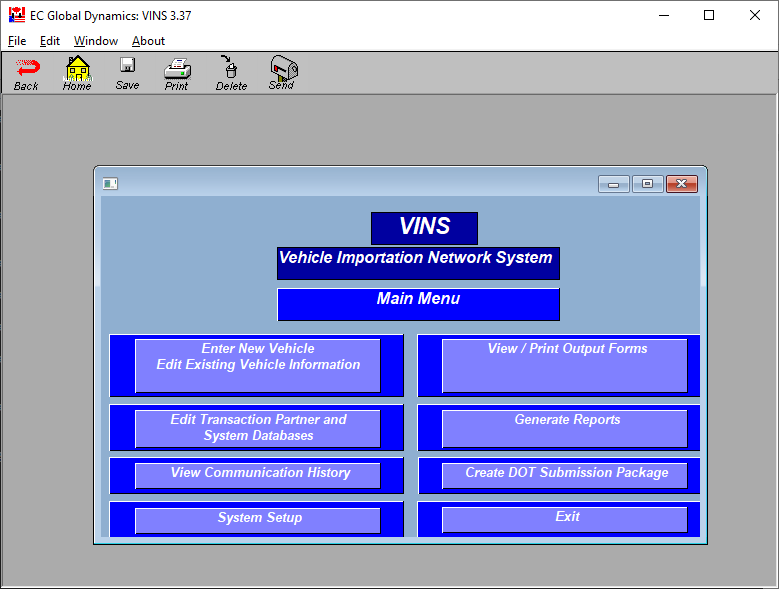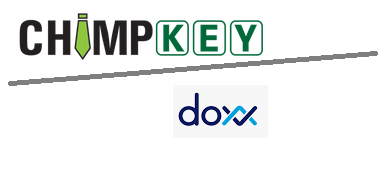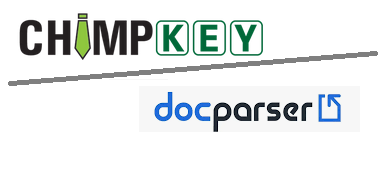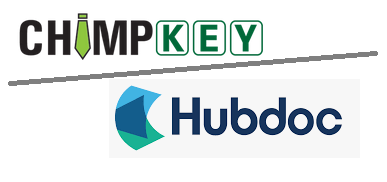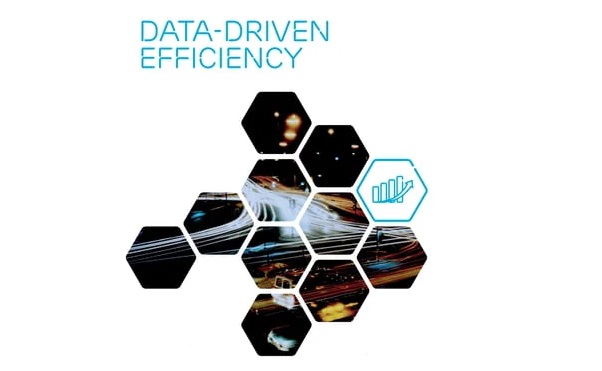In the fast-paced world of modern business, nothing stings more than losing a client. And yet, for many companies, it’s not poor service or subpar products driving customers away—it’s outdated systems failing to communicate. In a world powered by data, businesses are discovering that their inability to seamlessly exchange information is becoming a silent but costly issue.
Imagine you’re a supplier working with a large retailer. After months of building trust and securing a contract, the orders start rolling in. But then, cracks appear. Your legacy ordering system generates documents in PDFs—a format the retailer’s state-of-the-art software can’t process. What starts as a small frustration quickly snowballs into missed deadlines, mounting errors, and a deteriorating relationship. Before long, your hard-earned client is walking away.
It’s a story that resonates across industries, from manufacturing to logistics, and it’s one that ChimpKey is rewriting with its simple yet powerful solution.
The ChimpKey Revolution: Making Systems Talk
At the heart of the problem is compatibility—or the lack thereof. Legacy systems, while reliable in their day, often lack the flexibility to output data in formats like XML, X.12, JSON, or Excel. Newer platforms, on the other hand, expect data tailored to their exact specifications. It’s a digital Tower of Babel, and ChimpKey is the interpreter.
ChimpKey’s approach is as elegant as it is effective. Nearly every system, no matter how antiquated, can generate a PDF. ChimpKey takes this universal format and transforms it into whatever format the receiving party needs. Whether it’s converting a PDF into a neatly structured CSV file or an intricate XML for data integration, ChimpKey ensures the flow of information is seamless.
But the innovation doesn’t stop there. ChimpKey also adapts to how companies exchange data. Need to deliver via SFTP? Check. Prefer Dropbox, email, or Google Drive? Done. ChimpKey’s versatility is what sets it apart, making it an indispensable tool for businesses of all sizes.
Real Stories, Real Impact
For many companies, the stakes are high. One logistics provider, for example, faced a critical challenge: their largest retail client required JSON data to sync with its ordering system, while the logistics provider’s legacy software could only output PDFs. The result? A backlog of orders and mounting frustration.
Enter ChimpKey. By converting the logistics provider’s PDFs into JSON and automating delivery via SFTP, ChimpKey resolved the issue almost overnight. What could have been a multimillion-dollar loss turned into a success story of adaptability and customer retention.
Another example? A mid-sized manufacturer partnered with a multinational distributor only to discover their systems were utterly incompatible. Without ChimpKey, the manufacturer would have had to invest heavily in a new ordering platform—costly in both time and resources. Instead, they implemented ChimpKey, enabling smooth data exchanges and saving the partnership.
The Future of Compatibility
In an age where customer relationships hinge on efficiency, businesses can no longer afford for their systems to be out of sync. ChimpKey is proving that modern solutions don’t always require replacing old systems. Sometimes, the answer is about creating connections where none existed.
ChimpKey isn’t just a tool; it’s a lifeline for businesses caught in the crossfire of digital evolution. By turning incompatibility into opportunity, ChimpKey ensures companies can focus on growth, not workarounds.
For organizations tired of losing clients to tech headaches, ChimpKey delivers a clear message: Your systems may not speak the same language, but with the right translator, they can still have a meaningful conversation.
Contact ChimpKey for your Free Proof-Of-Concept – No Commitment required.
Talk to a Human: +1-604-359-9377 or +1-888-373-1365
Website: https://chimpkey.com
Email a Human (please attach a PDF if possible ): sales@chimpkey.com
Or get in touch with us through our contact form:



